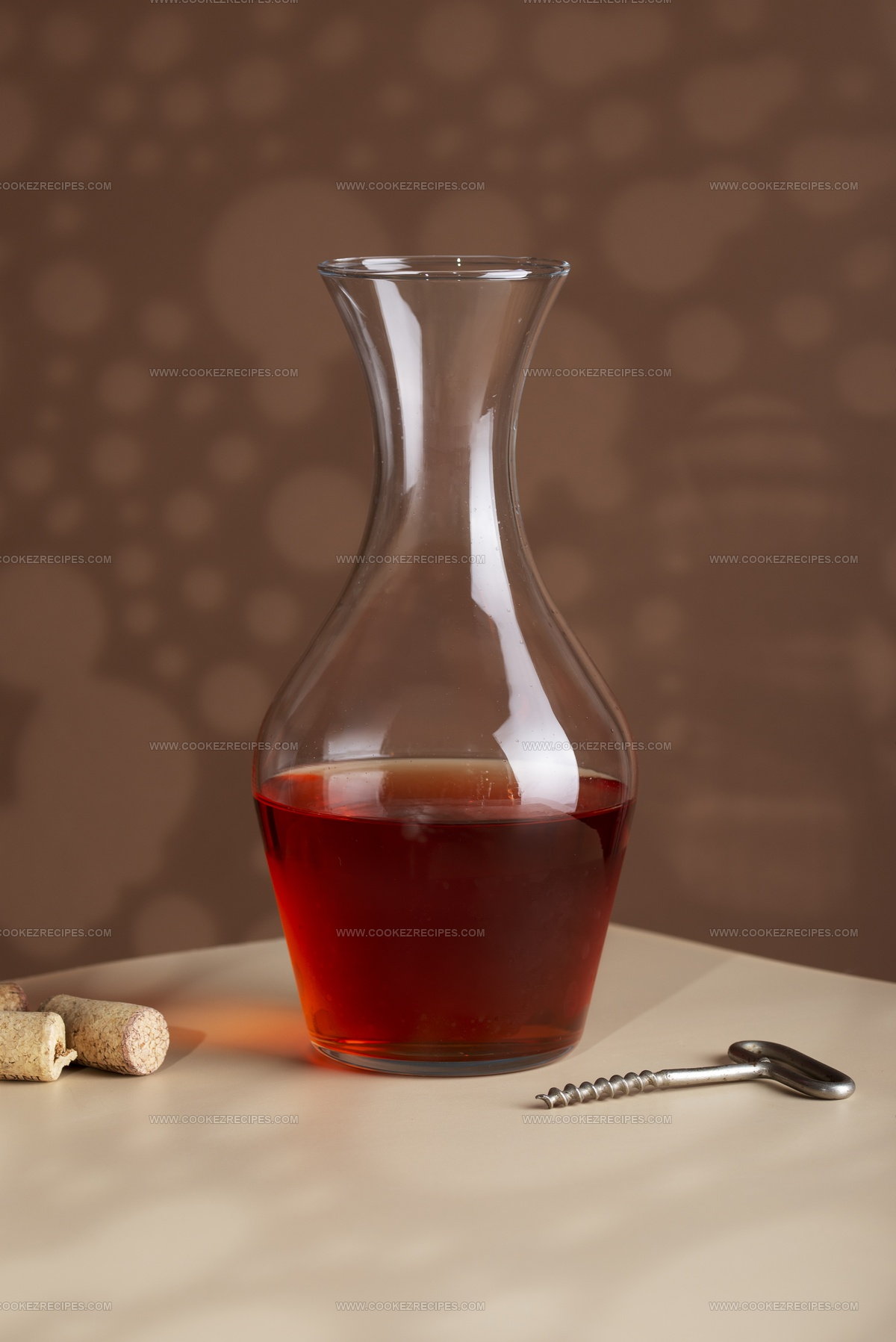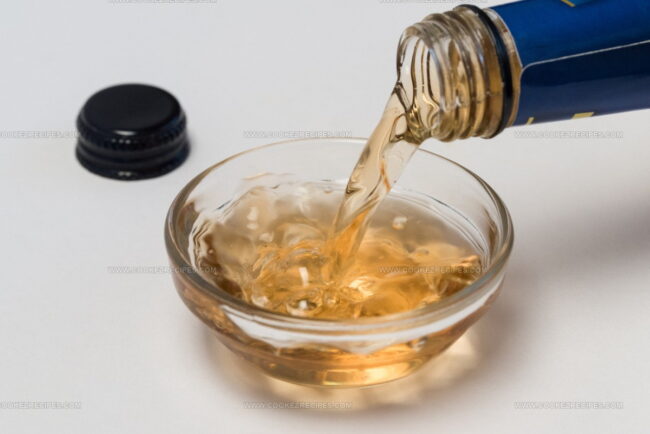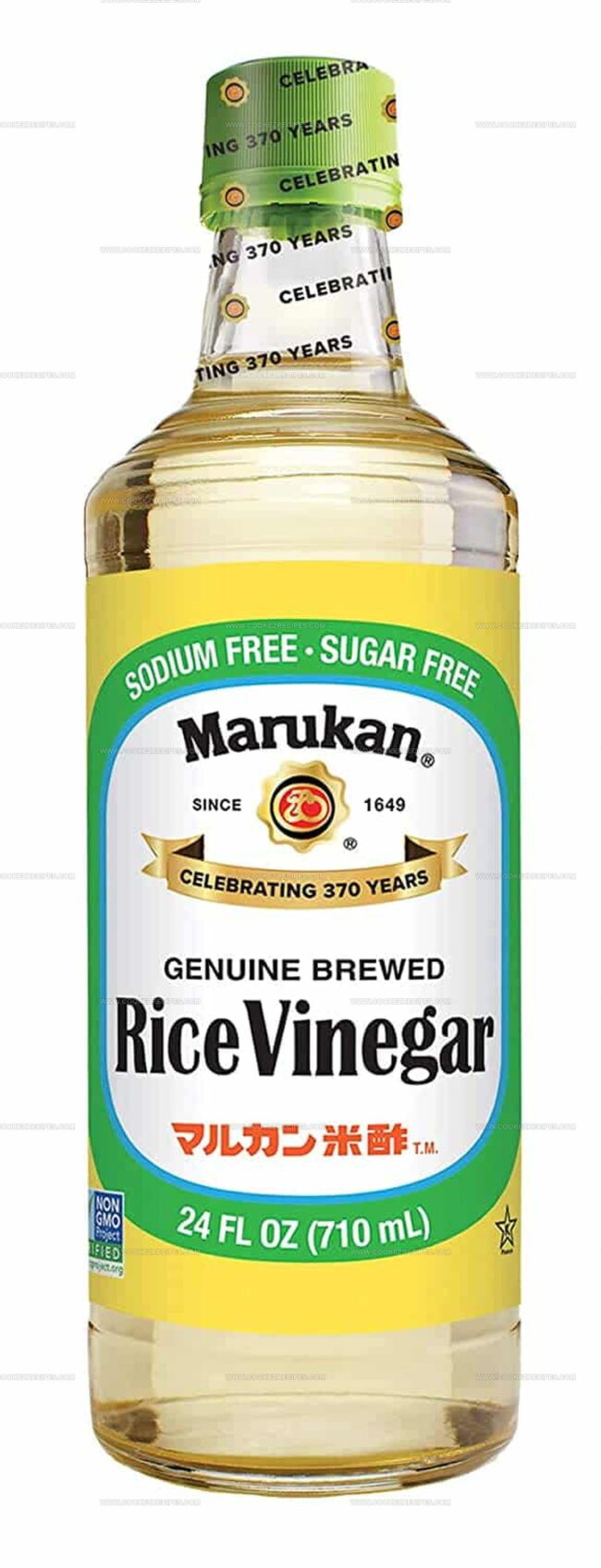3 Sherry Vinegar Alternatives for Cooking Needs
Sherry wine vinegar substitute options can transform your recipes when this Spanish pantry staple isn't available.
It’s common for home cooks to need alternatives that still deliver complex, tangy notes similar to the original ingredient.
The right replacement should capture those distinctive nutty undertones without overpowering other flavors in your dish.
Good substitutes typically offer balanced acidity and comparable aging characteristics that make the original so prized by chefs worldwide.
Different culinary traditions actually provide numerous alternatives with surprisingly compatible profiles for most recipes.
Each potential replacement brings its own unique character to the table while still maintaining harmony in the final creation.
These versatile stand-ins will help you complete any recipe confidently even when your pantry lacks this specialty vinegar.
Why Substituting Sherry Wine Vinegar Matters in Cooking
Sherry wine vinegar has a mellow, slightly nutty taste that can make a big difference in recipes, so knowing why and when to substitute it is helpful for both flavor and dietary needs:
Easy Sherry Wine Vinegar Alternatives
Missing sherry wine vinegar mid-prep can throw off your groove, but a clever swap makes all the difference. Once it’s in place, you can keep mixing, seasoning, and tasting without missing a beat. By the time you serve, no one will guess anything changed.
Rice Vinegar
Rice is possibly the finest sherry wine vinegar substitute, produced from fermented rice and commonly used in Asian cuisine.
The rounder and subtly sweeter flavor resembles sherry vinegar more closely than standard white or red vinegar, despite not being Spanish in origin.
Regular rice vinegar works best, as the seasoned variety contains added sugar and salt that could alter your dish.
For cooked sauces, this alternative performs excellently, allowing you to either follow recipes precisely or experiment with complementary Asian ingredients.
Research suggests that incorporating small amounts of rice vinegar into meals may even support weight loss, with one to two teaspoons per meal showing beneficial effects.
Champagne Vinegar
Champagne vinegar stands out as an excellent substitute for sherry wine vinegar with its slightly sweeter and less abrasive profile than regular wine vinegar.
This light-flavored alternative, made from fermented champagne, may lack the intensity of sherry vinegar but still performs beautifully in marinades, hollandaise sauce, and homemade mayonnaise.
For pickling projects, champagne vinegar provides just the right amount of acidity without overwhelming the other ingredients.
In simple vinaigrettes, it truly shines when combined with olive oil, lemon, garlic, and your favorite spices to dress salads.
Lemon Juice
Sherry wine vinegar can be easily replaced with lemon juice when you're in a tight spot, as both ingredients share a similar acidic and tart profile.
The tangy kick of lemon juice works perfectly in salad dressings, though you may need to add a bit more to match the intensity of sherry vinegar's flavor.
Many recipes benefit from this substitution because lemon juice ranks among the most acidic natural ingredients available.
Its low pH level not only enhances food with a refreshing citrus taste but also provides essential structure to jams and jellies.
How to Adjust Acidity and Flavor When Substituting Sherry Wine Vinegar
When you need to replace sherry wine vinegar in a recipe, adjusting both acidity and flavor will help you get the closest taste and best results for your dish:
Mistakes to Avoid When Replacing Sherry Wine Vinegar
Swapping out sherry wine vinegar can seem simple, but small mistakes can change the taste or texture of your dish more than you’d expect:
Common Questions About Sherry Wine Vinegar Alternatives
1. Are there non-alcoholic alternatives to sherry wine vinegar?
Yes, try a mix of apple cider vinegar with a splash of grape juice or white grape juice for a similar tang without alcohol.
2. Can I use balsamic vinegar as a substitute for sherry wine vinegar?
Balsamic vinegar can be used, but it’s sweeter and darker, so use sparingly and adjust other sweeteners in the recipe.
3. What’s the best substitute for sherry wine vinegar in salad dressings?
Red or white wine vinegar works best for dressings, offering a similar acidity and clean flavor.
4. Are sherry wine vinegar substitutes suitable for deglazing and sauces?
Yes, most wine vinegars, apple cider vinegar, or champagne vinegar work well for deglazing and making sauces.
5. Will a substitute affect the color of my dish?
Some substitutes, like balsamic or red wine vinegar, may darken the dish slightly, while white or rice vinegar are lighter in color.
6. Are there gluten-free alternatives to sherry wine vinegar?
Most pure vinegars are gluten-free, but always check labels for possible additives or cross-contamination.
7. Can I use lemon juice instead of sherry wine vinegar?
Lemon juice can add brightness and acidity, but it lacks the complexity of sherry wine vinegar, try mixing it with a splash of another vinegar.
8. How should I store vinegar substitutes?
Store all vinegars in a cool, dark place with the cap tightly closed. Use within a year for best flavor.






Daniel Bruns
Founder & Culinary Innovator
Expertise
Recipe development for home cooks, Nutritional analysis and meal planning, Culinary education and food writing
Education
Auguste Escoffier School of Culinary Arts
Diploma in Culinary Arts and Operations
Focus: Classical and contemporary cooking techniques, Culinary entrepreneurship and kitchen management, Menu development and food cost analysis
Daniel’s story started with flour on his face and a pie in the oven at his grandma’s house. He later sharpened his skills at the Auguste Escoffier School of Culinary Arts.
His goal? Recipes so simple you’ll want to cook every night. When he’s not whipping up one-pan wonders, Daniel’s outside picking herbs, hosting neighborhood cook-offs, or baking chocolate cakes with his kids, messy, sweet, and unforgettable.